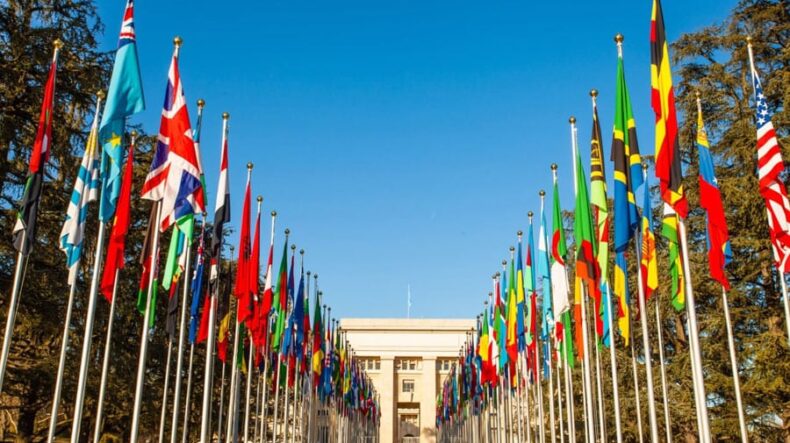Initiated in 1920, the League of Nations was the first intergovernmental organisation with the goal of promoting worldwide cooperation; nevertheless, its usefulness was short-lived due to the outbreak of World War II. The United States presents itself as the only forum where all nations may meet to address global issues and work together to develop equitable solutions. After 75 years, escalating conflicts indicate that the Charter’s foundational ideas should be revisited. Secretary General of the United Nations António Guterres gave an honest appraisal on the state of global governance. The “world is in huge peril,” “gridlocked in gigantic global dysfunction,” and “even the G20 is in the trap of geopolitical differences,” he told the UN General Assembly.
““In a fragmenting world, we need to establish systems of discourse to mend the fractures that have emerged,” and “only by acting as one can we nurture fragile shoots of hope for a coalition of the globe,” respectively. respectively. We need new ideas right now. At a time when major countries aren’t talking to each other, India‘s Presidency of the Group of 20, the UN Security Council (UNSC) in 2022, and the Shanghai Cooperation Organization (SCO) in 2024 provides a once-in-a-lifetime chance.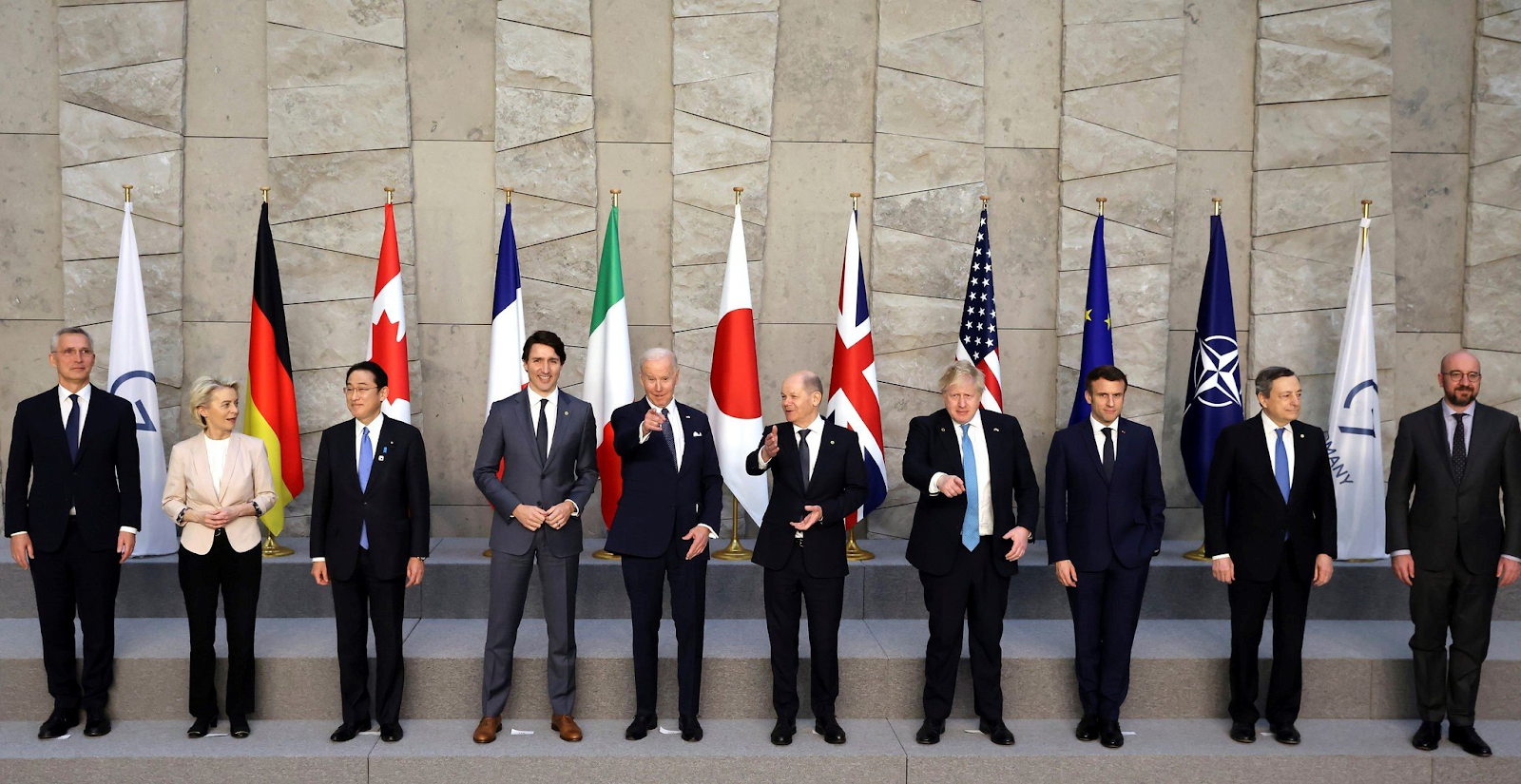 Source:Borgen Magazine
Source:Borgen Magazine
United Nations at a turning point
The gridlock stems not from a breakdown in bilateral ties but rather from the re-definition of international cooperation.
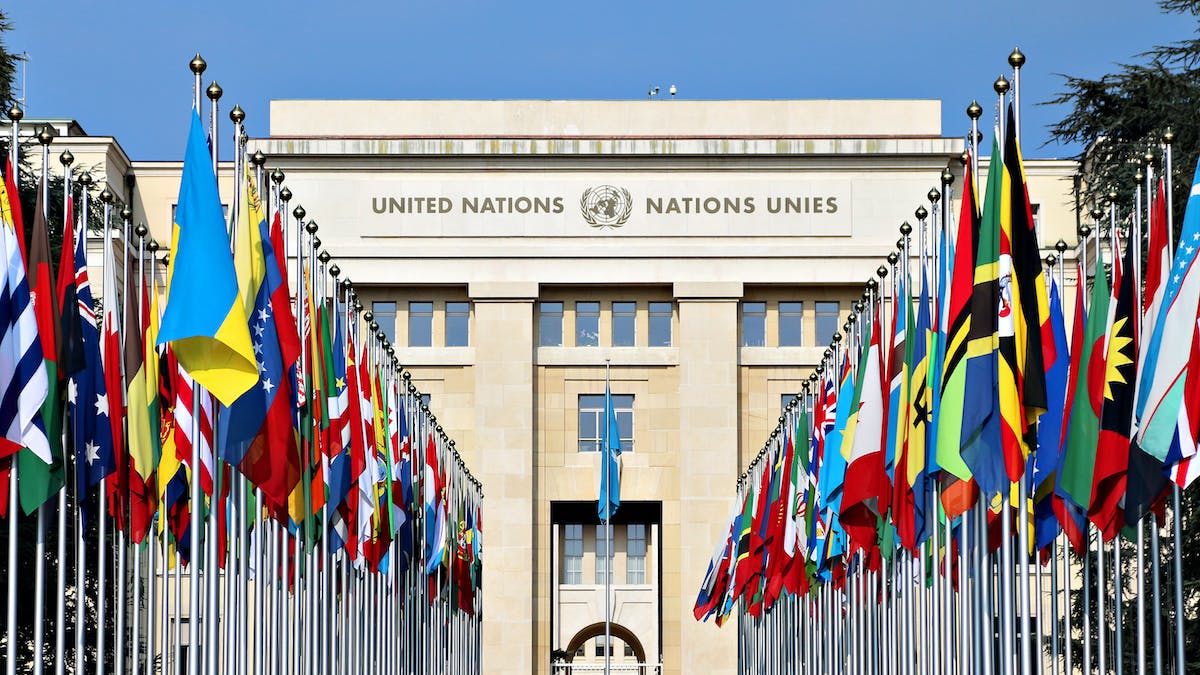 Source: The Conversation
Source: The Conversation
As a first point, multilateralism is being challenged even by its proponent, the United States, which has opted for partnerships, with the most crucial domains being the worst hit. To expedite climate action outside of the United Nations, the G7 Summit in June approved the aims of a cooperative worldwide Climate Club. The World Trade Organization’s dispute settlement process is ineffective since it lacks a quorum of members. Although the G7 recognised the need for transfer of cash in Rio in 1992 due to their involvement in causing the climate problem, they have yet to fulfill their pledge from 2009 to pay at least $100 billion a year in climate funding.
Second, China has chosen an alternative group of international organisations. Covering one-third of the global economy and $930 billion in investment, China’s Belt and Road Initiative (BRI) aims to connect policy, infrastructure, commerce, financial markets, and people to people by establishing a new platform for international collaboration. China’s Global Development Initiative, 2021, and its related Global Security Initiative, 2022, are working to fill a gap in the international system by addressing issues related to a more urbanised world, such as digital governance and non-traditional security.
Third, the spread of money, technology, and power is far more important than the conflict of institutions that reflects the widening gap between Atlantic countries and the Russia-China alliance.
Even in the face of threats, the “rest” are mature enough to remain neutral and are instead looking to the United Nations for guidance in forming a “coalition of the globe,” as described by the UNSG.
In December, India will take the helm of the United Nations Security Council, and it will also preside over the Group of Twenty (G20) and the Shanghai Cooperation Organization (SCO), giving it a unique chance to start a discussion and bridge the gap between different groups of nations.
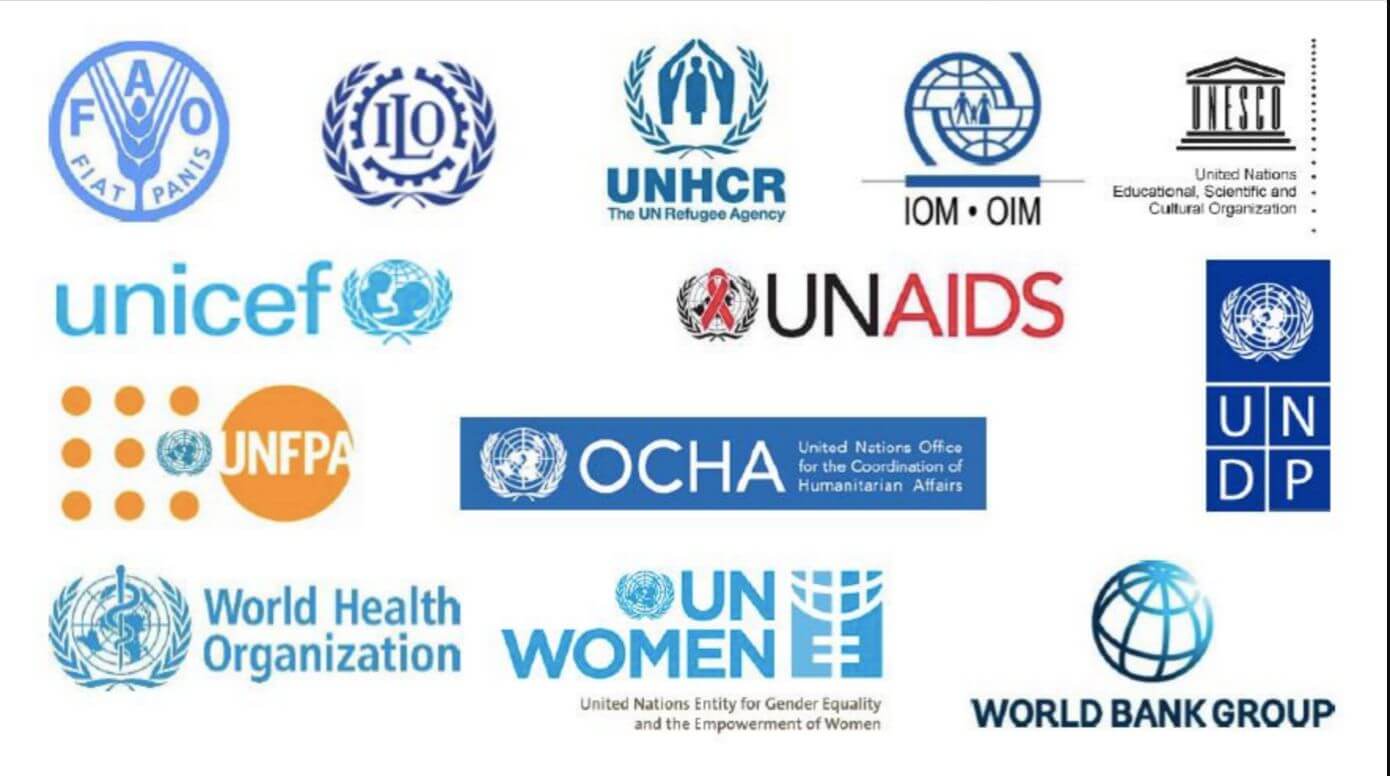
The League of Nations
The League of Nations began with US President Woodrow Wilson’s 14-point plan to form a global peacekeeping body. Resolve international disputes Stop multinational warfare. Develop communal security. Boycott war-starting nations. Many organisations bring socio-economic advantages to the global society through economic and social labour.
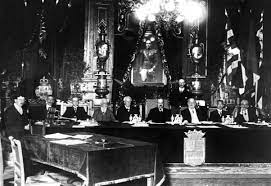 Source: TIME
Source: TIME
The League’s success
ILO Maximum workdays, minimum wages. Began worker pensions and welfare. Mandates Commission It monitored the governance of mandated areas (former colonies of Ottoman Empire and Germany). SAAR government in western Europe was quite efficient, and a vote was held there in 1935. After the referendum, Germany reclaimed SAAR.
Resolved minor international problems involving Finland, Poland, Albania, and Czech. No dispute endangered world peace. When a significant power was involved, the League invariably sided with it.
UNHCR It helped Russian POWs return home. It enabled Jews fleeing Nazi persecution relocate in 1933.
WHO Finding epidemic causes. Fought Russia’s Typhus pandemic. League of Nations failure Lacking rights and military force.
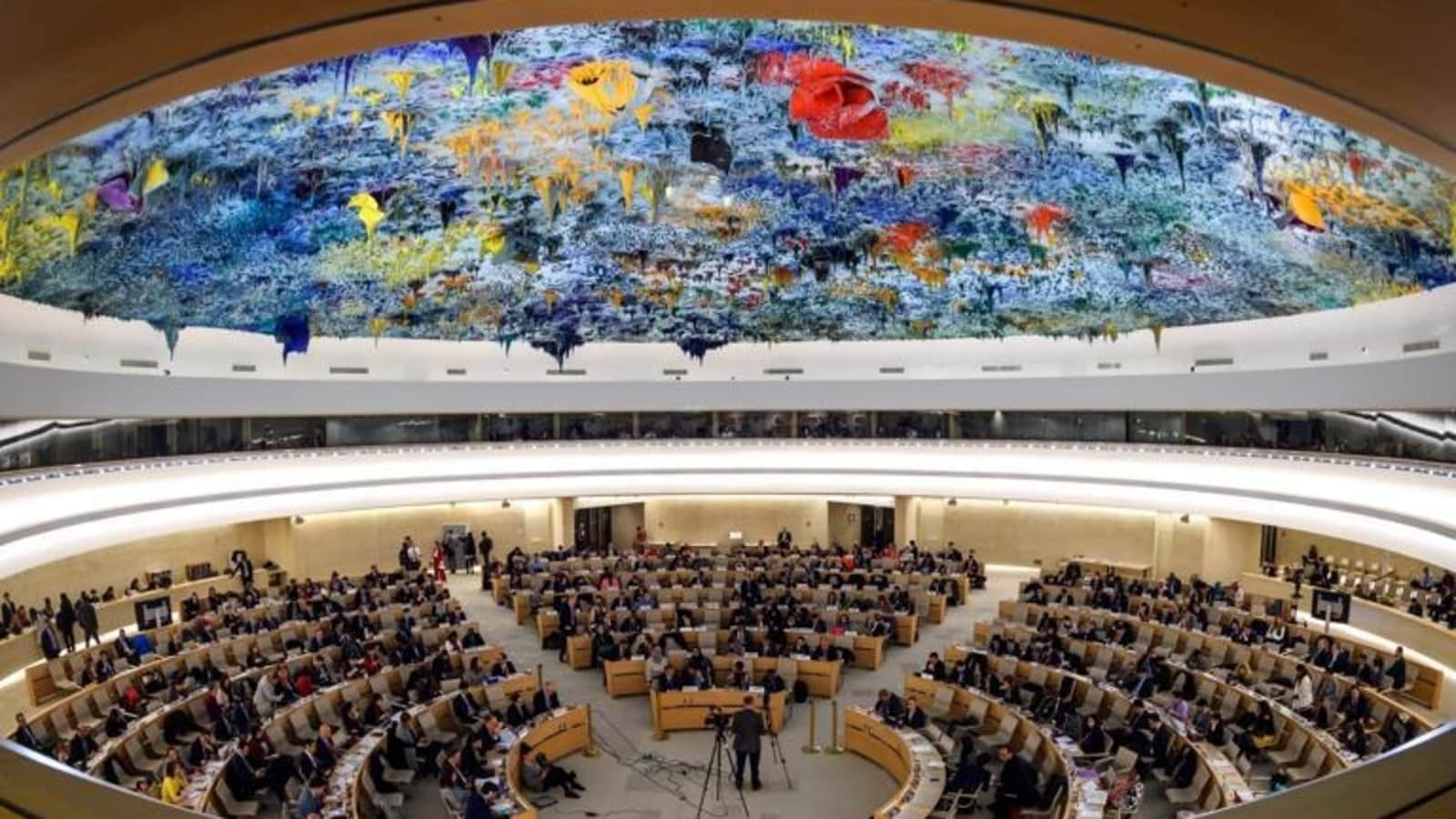
Germany and Russia weren’t in the league, but India was. While US didn’t join.
It ignored Japan’s 1931 and Italy’s 1936 attacks on China and Ethiopia.
It couldn’t demand mandated nations’ independence.
Wilson stated the war was waged to protect democracy. The Allies secretly divided war gains. The Soviets revealed secret treaties.
Germany and Italy’s militarization was uncontrollable.
After the League of Nations failed to avert World War II and restore international peace, the United Nations supplanted it as the sole worldwide organisation and source of international security in 1945.
United Nations failing in Several Domains
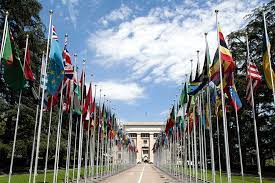
WTO: It lacked an agenda to give developing nations with a fair playing field on trade liberalisation and was unable to resolve a backlog of significant trade disputes.
However, the United Nations Framework Convention on Climate Change (UNFCCC) has made relatively little headway on climate change mitigation since its inception in 1992.
The BRI has harmed the United Nations’ ability to play a multilateral role.







